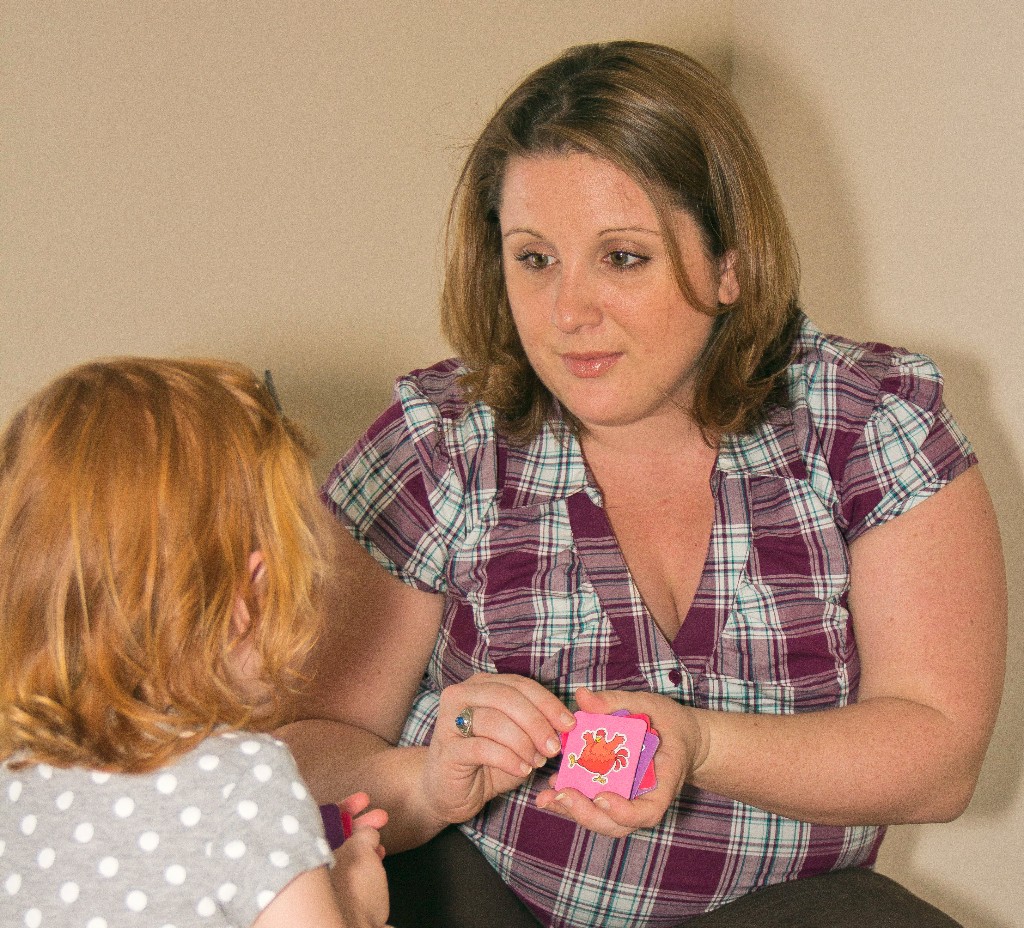Infants and Toddlers
 Speech Therapy and Language Therapy Services for Infants and Toddlers
Speech Therapy and Language Therapy Services for Infants and Toddlers
________________________________________
AVAILABLE SERVICES
Communication Matters offers a full-range of services for infants and toddlers including:
- Free Screenings
- Comprehensive Evaluations
- Individual and Small Group Therapy
- Home and Daycare Visits
- Consultation to other healthcare providers, hospitals, schools, early intervention programs, preschools, and parent groups.
- Therapy is typically delivered in an intimate, one-on-one setting, but group therapy sessions are also offered to enhance social communication.
________________________________________
AREAS OF EVALUATION AND TREATMENT
Communication Matters offers pediatric speech and language evaluation and treatment services in the following areas:
- Articulation/Phonological Disorders (impaired production of speech sounds)
- Receptive and Expressive Language Delays
- Auditory Comprehension
- Apraxia of Speech (impaired ability to sequence muscle movements to produce speech)
- Auditory Learning
- Development of Sign and Spoken Language in Deaf and Hard-of-Hearing Children
- Pre-Literacy Skill Development
If you have concerns about the communication skills of you or your loved one, please call (904) 342-5984 for a complimentary personal consultation.
________________________________________
EARLY INTERVENTION
It is generally accepted that a great deal of brain development occurs during a child’s first three years. Early intervention ideally begins as soon as there is any indication of developmental delay, as much can be done to get a child back onto a typical development track. Communication Matters offers in-home therapy programs for children under the age of three that focuses on building functional communication, social, self-help, and play skills.
Baby Steps: Learn the Signs. Act Early.
Early recognition of developmental disabilities, such as autism, is key for parents and providers.
The CDC realized the impact on families and invested in a campaign to help parents measure their children’s progress by monitoring how they play, learn, speak, and act.
